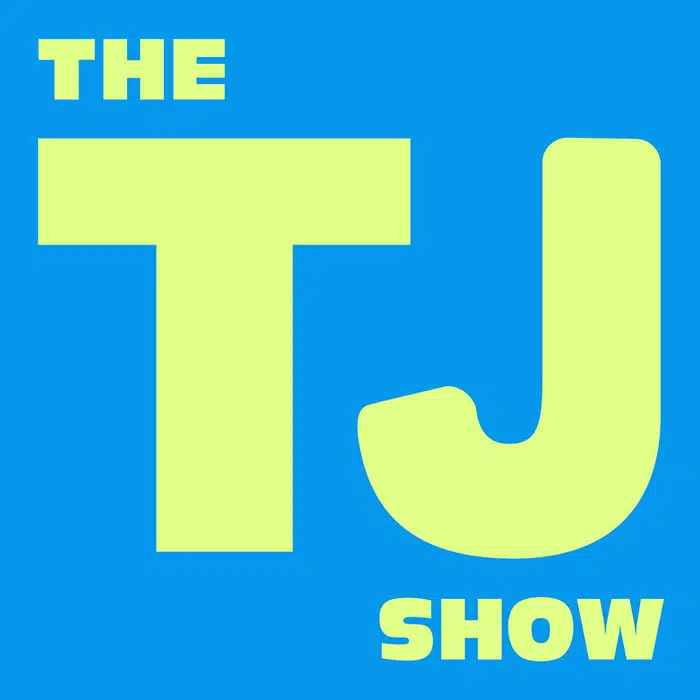By Philip Blenkinsop and Hyunjoo Jin
BRUSSELS/SEOUL (Reuters) -The European Union and South Korea said on Monday they were working on trade deals with U.S. President Donald Trump that would soften the blow from looming tariffs as Washington threatens to impose hefty duties from August 1.
Trump stepped up his trade war on Saturday, saying he would impose a 30% tariff on most imports from the EU and Mexico from next month, adding to similar warnings for other countries including Asian economic powerhouses Japan and South Korea.
White House Economic Adviser Kevin Hassett said on Sunday that countries’ trade deal offers so far have not satisfied Trump and “the tariffs are real” without improvements to their proposals.
“The president thinks that deals need to be better,” Hassett told ABC’s This Week program. “And to basically put a line in the sand, he sent these letters out to folks, and we’ll see how it works out.”
European Trade Commissioner Maros Sefcovic expressed optimism that Washington and the EU were approaching a positive outcome for both sides. He warned, however, that a 30% tariff would practically eliminate trade between the U.S. and the 27-nation bloc, which are currently each other’s largest trading partners.
“We continue to engage with the U.S. administration and prioritise a negotiated solution by the new deadline of August 1. I cannot imagine walking away without any effort,” Sefcovic said ahead a meeting with EU trade ministers in Brussels.
German Chancellor Friedrich Merz, meanwhile, issued a stark warning on Sunday regarding the impact of a tariff at that level on the EU’s largest economy.
“If that were to happen, we would have to postpone large parts of our economic policy efforts, because it would interfere with everything and hit the German export industry to the core,” Merz said.
The EU has so far held off on retaliatory measures to avoid a spiralling tit-for-tat escalation in the trade war while there remains a chance of negotiating an improved outcome.
But Italy’s Foreign Minister Antonio Tajani said the EU has already prepared a list of tariffs worth 21 billion euros ($24.5 billion) on U.S. goods if the two sides fail to reach a trade deal.
MARKETS’ MUTED REACTION
Since returning to the White House earlier this year, Trump has sought to use an array of tariffs to boost the U.S. economy, push companies to invest in the United States, and revitalise sectors including manufacturing.
His initial “Liberation Day” tariff announcement in April, which set a baseline tariff of 10% on all imports and higher duties on certain products or countries, raised fears of global supply chain disruptions, sending shockwaves through markets.
But subsequent U-turns and delays, including a 90-day pause on most duties aimed at allowing time for trade deal negotiations, have left investors largely inured to Trump’s chaotic policy roll-outs.
Stocks eased moderately on Monday, while the dollar gained little on the euro.
The impact on European spirits companies, many of which rely heavily on the U.S. market, was also mixed.
Shares in Diageo, whose U.S. business is driven by sales of Canadian whisky and Mexican tequila, rose 1% in early European trade. Rival Pernod Ricard, maker of Jameson Irish whiskey, saw its shares fall 1%, while cognac maker Remy Cointreau dropped 2.4%
SCRAMBLE FOR DEALS
The looming August 1 deadline has set off a scramble by governments around the world to seal trade agreements.
South Korea’s top trade envoy said on Monday it may be possible to strike an “in-principle” deal by the deadline and signalled that Seoul may be open to allowing the U.S. greater access to its agriculture markets, local media reported.
Minister for Trade Yeo Han-koo, who held high-level talks with U.S. officials last week, said South Korea was seeking to avoid “unfair” U.S. tariffs on sectors key to its industrial prowess that would undermine industrial cooperation with its main security ally and trading partner, media reports said.
“I believe it’s possible to reach an agreement in principle in the U.S. tariff negotiations, and then take some time to negotiate further,” the Newsis news agency quoted Yeo as telling local media reporters.
“Twenty days are not enough to come up with a perfect treaty that contains every detail,” he added.
South Korea is in a race to reach a compromise trade pact in the hope of avoiding a 25% tariff slapped on its exports, the same level faced by Japan.
(Additional reporting by Milan Strahm, Cristina Carlevaro, David Lawder, John Revill, Andreas Rinke, Wayne Cole and Emma RumneyWriting by Keith WeirEditing by Joe Bavier)






Comments